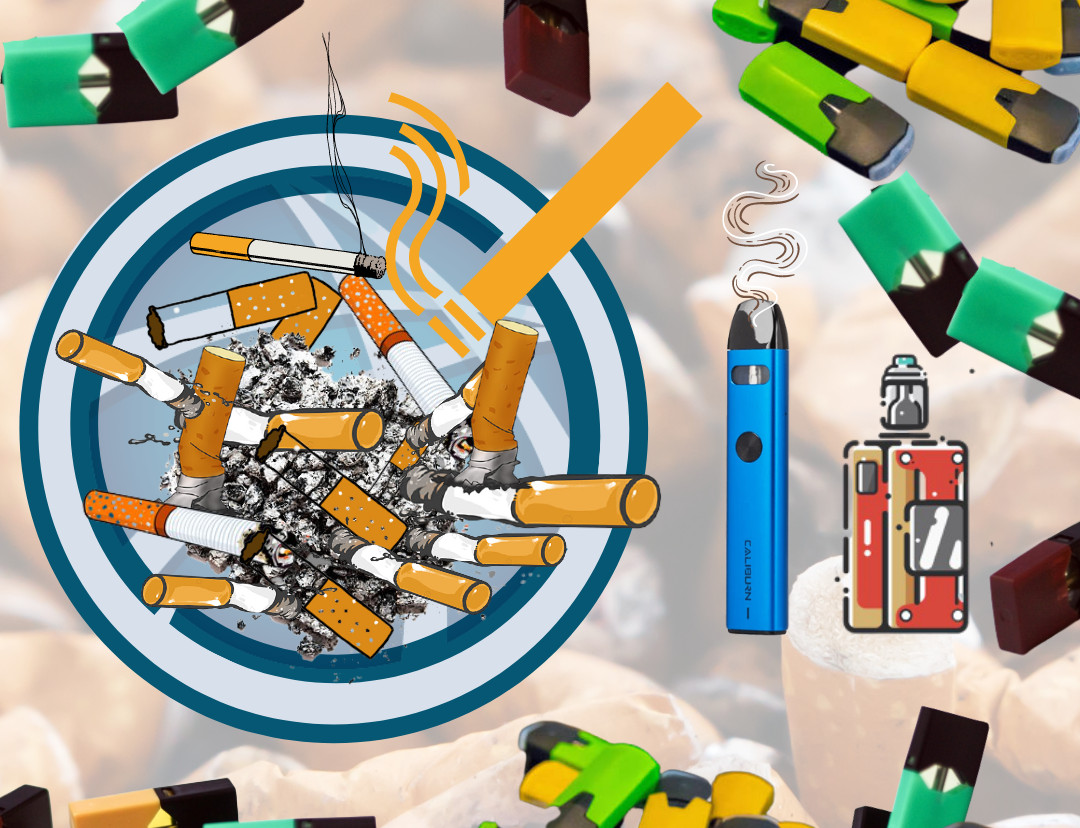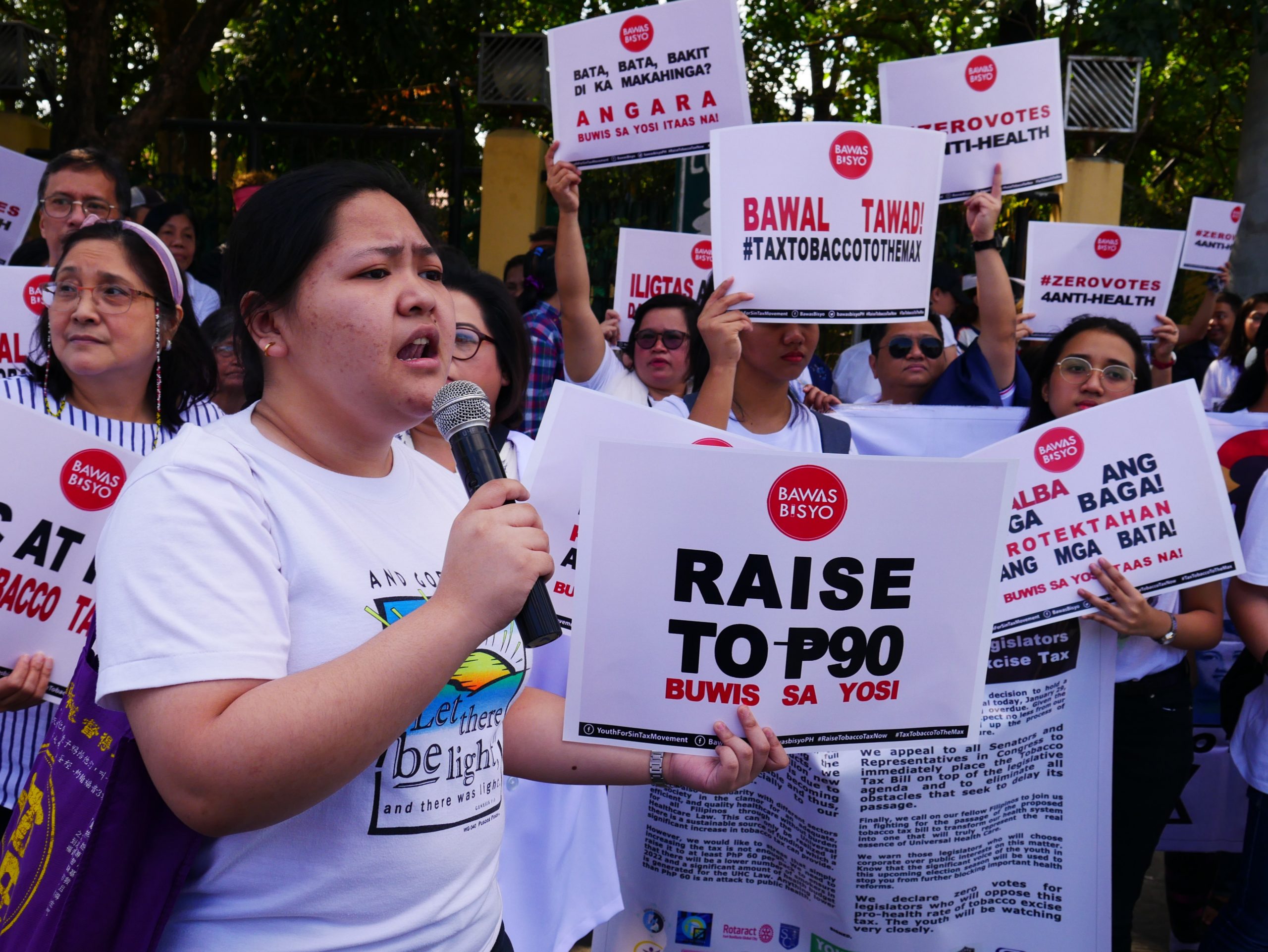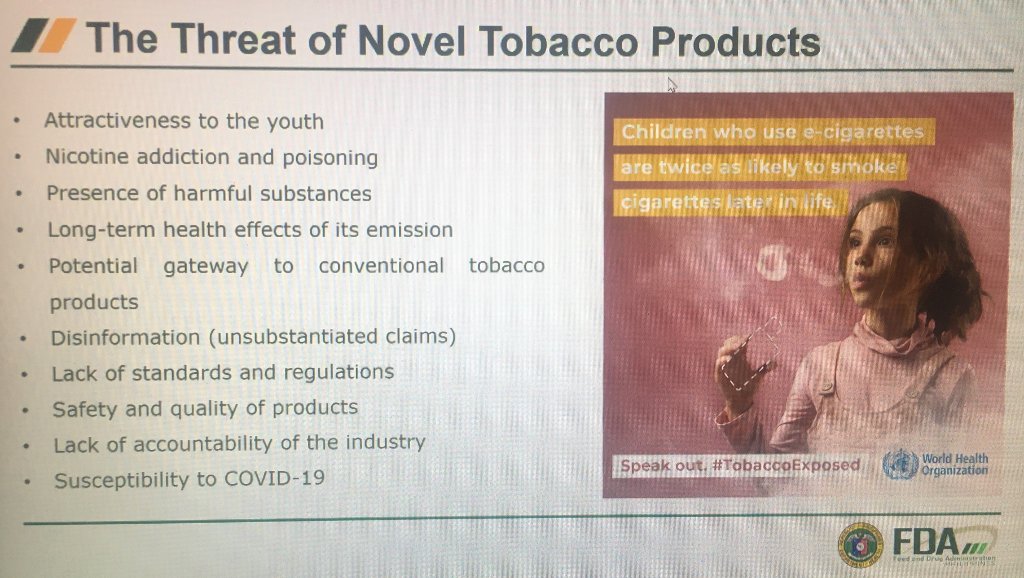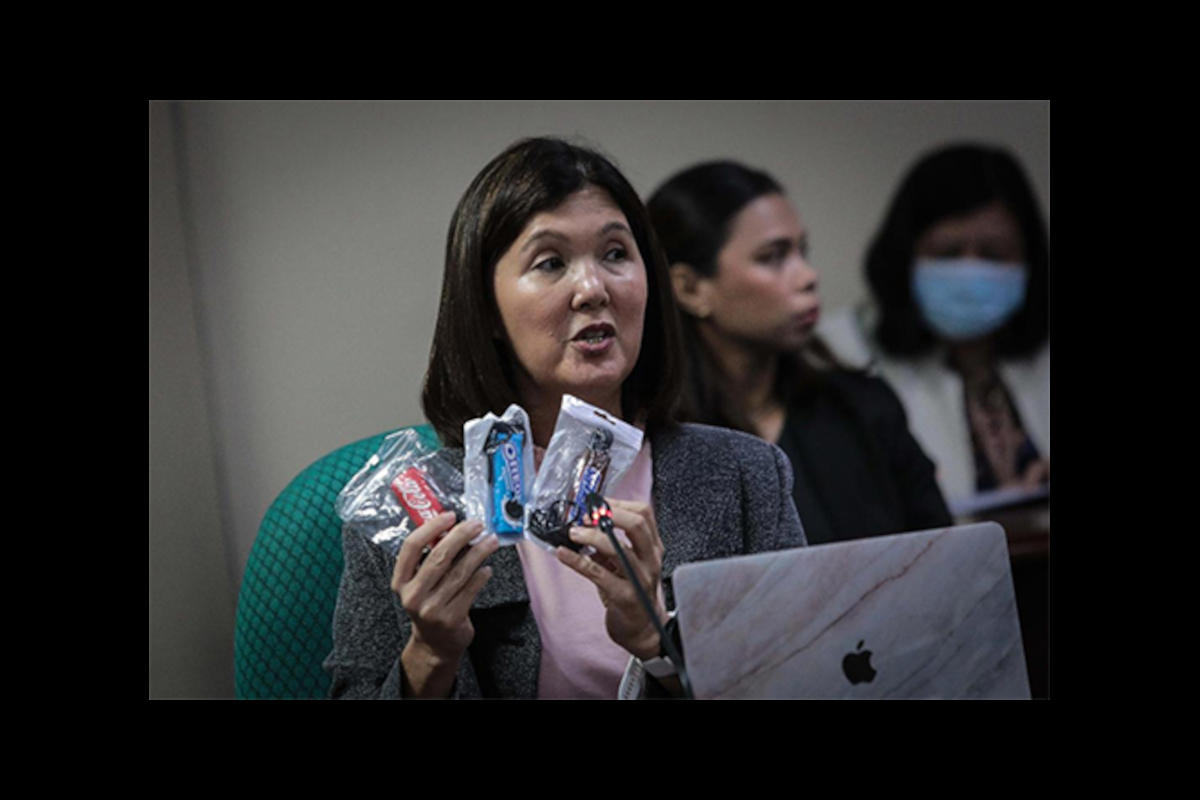“PH poised to join ranks of US, UK, NZ in bringing down smoking.”
That’s the title of a Manila Bulletin story published on January 11, 2022.
The lead paragraph of the story explains: “The Philippines is poised to join the ranks of progressive countries like the United States, the United Kingdom and New Zealand which are seeing sharp declines in the number of smokers with the passage of the so-called vape bill in the Senate and the House of Representatives, two leading international experts on tobacco harm reduction said.”
Riccardo Polosa, a professor of internal medicine at the University of Catania (Italy), expects the vape bill “to accelerate the decline in smoking prevalence in the Philippines.” Clive Bates, Director at Counterfactual Consulting Limited in Abuja, Nigeria and London, says “vaporized nicotine is much lower risk to health than cigarette smoking.”
Messrs. Polosa and Bates hail the bill as a victory for public health. They claim that the bill’s regulation of vape products will enable smokers to switch from cigarettes to “less harmful” electronic nicotine delivery systems (ENDS) and will “minimize the risks to youth.”
But here’s the rub.
Messrs. Polosa and Bates are perhaps ignorant of extant laws that the bill wants to supplant. Or possibly, they are willing parties to hide the fact that the bill of either the House of Representatives or the Senate, if signed into law, will amend, nay, emasculate, the existing rules.
In its press release dated December 19, 2021, the Department of Health (DOH) said “various laws that have protected Filipinos from the harms of vapor products and heated tobacco products stand to be watered down.”
DOH elaborates: “These laws include RA 11346 and 11467, which mandate the regulation of the products by the Food and Drug Administration, imposition of taxes, prohibition of access to persons below 21 years old, application of graphic health warnings that is in compliance with RA 10643 or the Graphic Health Warnings law, and prohibition of flavors other than plain tobacco or menthol.”
One of the bill’s essential features is moving the regulation of ENDS from the Food and Drug Administration (FDA) to the Department of Trade and Industry (DTI). That does not make sense if we, presumably including Messrs. Polosa and Bates, wish to treat ENDS as a tool for harm reduction.
In the US, the FDA is the federal agency that regulates and authorizes the use of ENDS. Although tobacco-control groups have occasionally criticized USFDA for oversight weakness, it nevertheless has pursued the mission of minimizing youth exposure from ENDS. The USFDA proudly claims that it has turned down the applications of more than a million electronic cigarettes and related products.
In the UK, the Medicines and Healthcare products Regulatory Agency (MHRA) is responsible for licensing ENDS. In New Zealand, vaping regulation is the responsibility of the Ministry of Health.
In the Philippines, the bill which Messrs. Polosa and Bates endorse deviates from the health regulation observed in the US, UK and New Zealand. The Philippine bill transfers the regulation of ENDS from a health agency to a trade and commerce entity. The DTI itself is not seeking such a transfer.
The bill further weakens ENDS regulation through provisions that:
- Lower the age of access to ENDS from 21 years old to 18 years old.
- Allow the sale of additional flavors.
- Ease the restrictions on advertising and sponsorship strategies.
Accordingly, the DOH says “the bill exposes the youth to harmful and addictive substances by making vapor products enticing and easily accessible.”
For a deeper analysis, it is worth citing the letter of the heads of 50 medical societies, led by the Philippine Medical Association, addressed to President Rodrigo Duterte. The letter dated December 17, 2021 appeals to the President to veto the bill passed by Congress. In the said letter, the doctors question whether the bill serves harm reduction, much less a health objective.
The doctors argue that the supposed harm reduction intent of the bill, as “propagated by the tobacco industry is misleading because it only potentially applies to smokers.” But when the bill enables or even encourages the non-smokers, constituting 80% of the population, to consume these products, this is no longer harm reduction. The bill will in fact cause more harm.
Citing peer-reviewed scholarly and scientific papers, the heads of the medical societies say that introduction to vape products will result in “a two-fold increase in future tobacco use (six studies on 91,051 patients), a four-fold increase in excessive alcohol intake (14 studies on 89,962 patients), and a five-fold increase in marijuana use (19 studies on 150, 299 patients), and potentially other illicit drugs.”
It is thus weird that so-called foreign experts on harm reduction, namely Messrs. Polosa and Bates, are siding with the vape industry, the big players of which are likewise the big players in the tobacco industry.
Especially during an election period, the mighty lobby of the tobacco and ENDS manufacturers succeeded in getting the biggest number of politicians to pass the bill that will essentially deregulate vaping.
And it is unsurprising that the principal sponsors of the bill that will weaken ENDS regulation are the same politicians that have unceasingly undermined tobacco control measures. Senator Ralph Recto, for instance, is the most ardent, most aggressive endorser of the deregulated vape bill. He, too, is the most vociferous, the most obnoxious in opposing tobacco-control measures, especially in resisting higher tobacco tax rates.
The bill awaits the approval or veto of the President. This will be a test of the President’s record of supporting or defending tobacco-control and health measures.
It will also be a test of his political strength. This is the opportunity for the President to dispel doubts that he has become a lame duck.
Filomeno Sta. Ana III is coordinator of the Action for Economic Reforms (www.aer.ph), a public interest organization that conducts policy analysis and advocacy on key economic issues.
The views in this column are those of the author and do not necessarily reflect the views of VERA Files.





